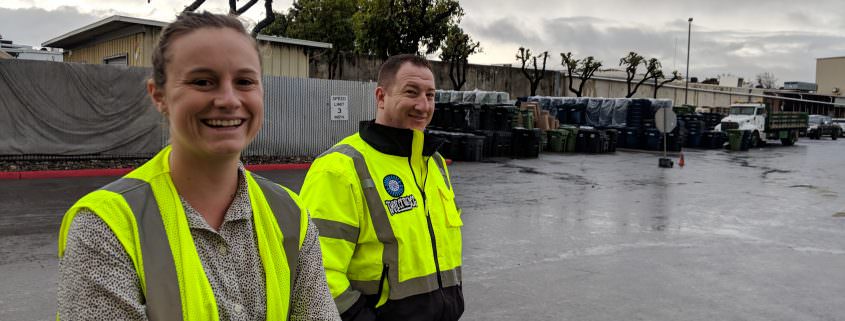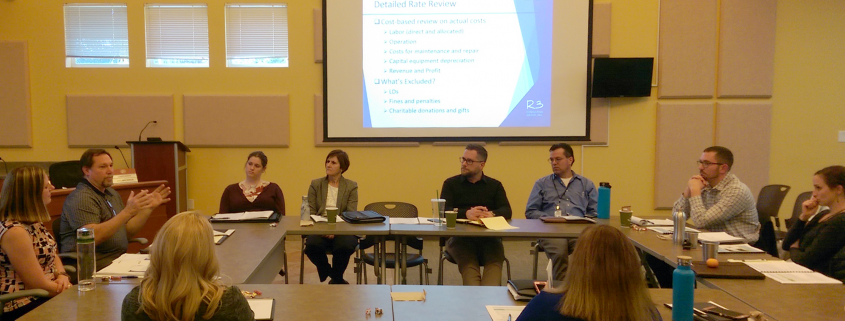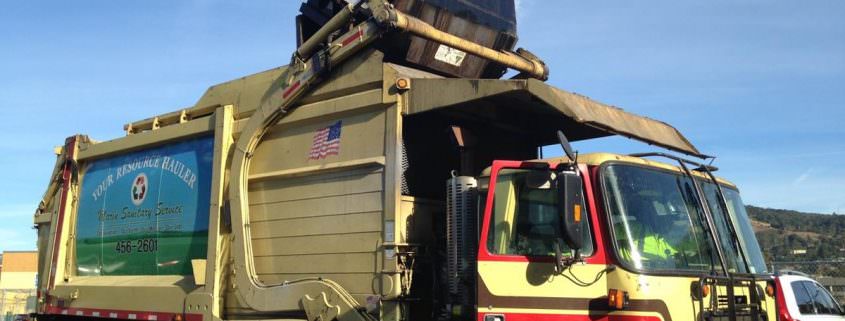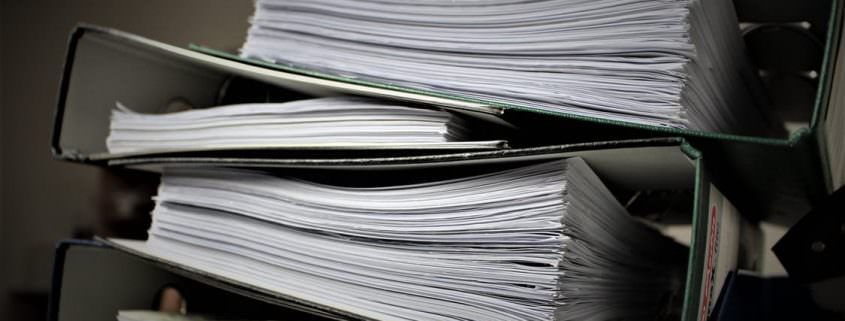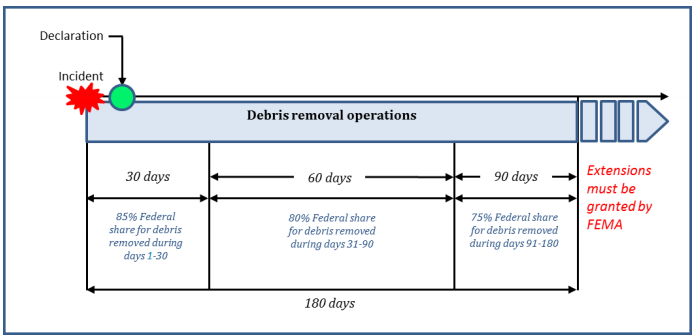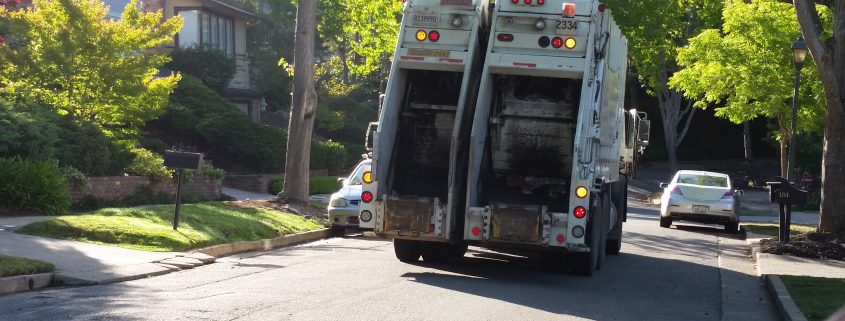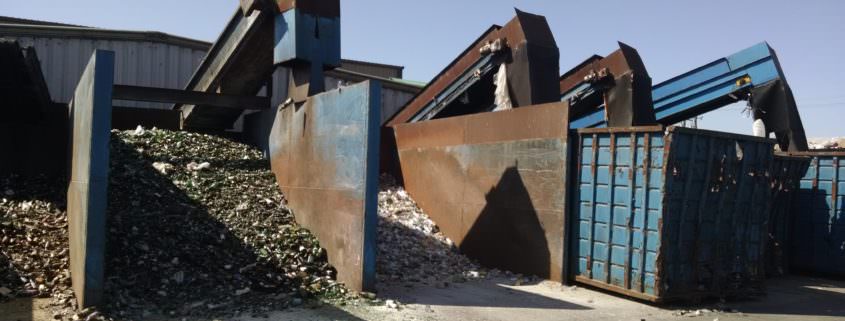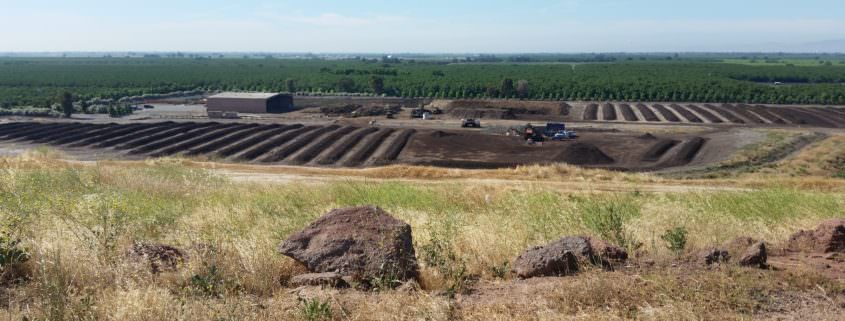Performance Review
R3 was engaged by the City of Los Altos (City) to conduct a Performance and Billing Review of Mission Trail Waste Solutions (MTWS) as included under their Collections Service Agreement (Agreement) to provide solid waste, recycling, and organic collection services for the City. R3’s high level review of MTWS consisted of two main tasks: a performance review and a financial compliance assessment. The primary goal was to determine MTWS’ compliance with the applicable terms and conditions of the Agreement, review the effectiveness of current operations; and identify opportunities for program improvement.
R3 worked with MTWS management and City staff to assess MTWS’ compliance with the reporting requirements and performance standards of the Agreement, as well as verify customer billing rate calculations and service levels, franchise fee calculations, and reported diversion percentages.
R3 utilized a variety of methods in the execution of the performance review, including analysis of relevant documents, on-site and field observations, and interviews. The Performance Review addressed the following major aspects of MTWS’s operations:
- Collection Service Agreement Compliance Review;
- Collection Operations Review;
- Management and Administration Review;
- Vehicle and Equipment Maintenance, Repair and Replacement Review;
- Customer Service Review (including customer feedback);
- Monthly, quarterly and annual report assessment;
- Diversion Programs, Performances and Good Faith Efforts; and
- Outreach and Education Services.
R3 conducted the financial compliance assessment to determine that customers are being charged the proper service rate based on their service level; service rate revenues are properly recorded and accounted for by the contractor; franchise fees are properly calculated, paid and received. R3 conducted three tests to accomplish this goal:
- Test of Subscribers to verify that service subscribers are billed the correct rate for the level of service provided;
- Test of Revenue Transactions to verify that the billed amounts to City residents and businesses, and the corresponding payments received are properly recorded in the MTWS billing and accounting systems; and
- Test of Franchise Fee Transactions to verify that the franchise fees are calculated correctly, and based on the correct level of recorded revenues.
Our review found that MTWS is in compliance with the vast majority of the Agreement’s requirements. Collections are performed in a safe, courteous, and cleanly manner; coordination between the drivers, customer service, shop, and management is facilitated by an effective system of work orders; fleet maintenance operations and vehicles have consistently received satisfactory ratings from the California Highway Patrol; and MTWS is operating a sophisticated and professional customer service operation.
We determined that the most significant area for improvement relative to the Agreement’s terms and conditions is in outreach and education, which is not being performed according to the Agreement’s requirements.
Project benefits include:
- Verification of MTWS’ compliance with the vast majority of the Agreement’s provisions;
- Recommendations for MTWS’ improved compliance with the existing requirements of the Agreement regarding meeting reporting requirements, outreach and education activities, and paying the City franchise fee and administrative fees; and
- Recommendations for revisions to the Agreement with regards to HHW collection services, rate requirements, and the billing schedule.
High Diversion Planning
R3 has been working with the City of Los Altos (City) since 2010, when we were originally engaged to provide procurement assistance resulting in the award of the Franchise Agreement (Agreement) with the City’s current hauler, Mission Trail Waste Systems (MTWS), that requires 78% diversion of franchised waste.
In service of our ongoing diversion support for the City, R3 has recently:
- Completely revised the City’s Solid Waste Ordinance to align with the Agreement with MTWS, facilitated complete subscriber compliance with two State of California Assembly Bills (AB), AB 341 (mandatory multi-family and commercial recycling) and AB 1826 (mandatory commercial organics diversion), and facilitated increased diversion of recyclables and organics from commercial, industrial, and multi-family waste generators;
- Undertaken an SB 1383 preparedness exercise in which we identified opportunities for the City to obtain needed support from MTWS in complying with the regulations;
- Assisted the City in identifying enforcement thresholds for mandatory recycling and organics service: drafting enforcement letters which include notification of state law for generators covered under AB 341 and AB 1826, exemption forms, and a self-haul tonnage reporting form; and site visits to covered generators to encourage compliance;
- Reviewed implementation of services in the field, including lid-flip assessments of waste from the top 50 generators in the City, as well as an assessment of MTWS’s outreach and education pertaining to increased diversion of recyclables and organics;
- Developed a technical assistance plan and framework in support of the City’s commitment to providing diversion-related technical assistance and outreach;
- Revised the City’s Construction and Demolition (C&D) Debris ordinance in alignment with CALGreen, establishing a system of facility certification;
- Certified facilities and revised the City’s mandatory building checklist to include the certified facilities and other approved means of compliance such as deconstruction and purchase of a debris box from the City’s franchised hauler;
- Conducted a street maintenance impact fee study for refuse vehicles used in the City; and
- Completed the City’s Electronic Annual Report to CalRecycle for the reporting years 2016-2019.
R3 has also been engaged to assist the City with contract extension negotiations with MTWS, which includes support for some SB 1383 requirements, including universal roll-out of organics service to all businesses in the City.

